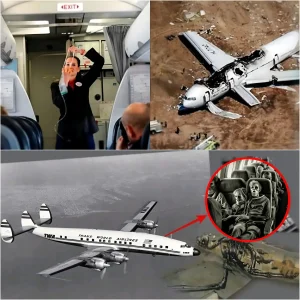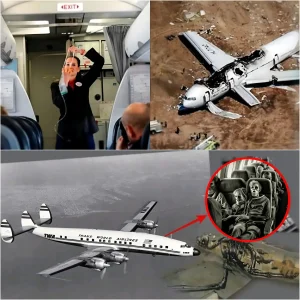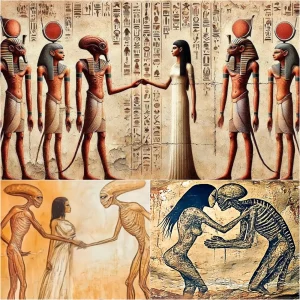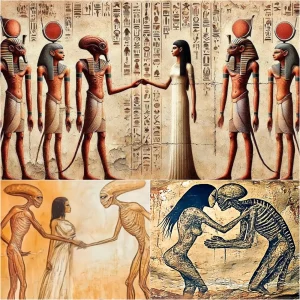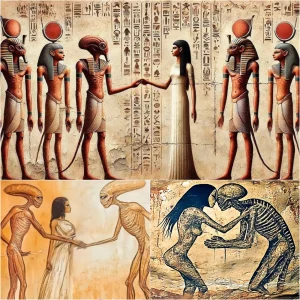Archaeologists have unearthed the tomb of an ancient Egyptian general at a site south of Giza, a discovery hailed as significant by experts in the country. The tomb, located in Abusir, belonged to Wahibre-mery-Neith, who led foreign soldiers during Egypt’s expansive period. Dating to the 26th-27th dynasties, just before 500 B.C.E., the tomb’s main burial chamber extends 52 feet underground and contained an empty basalt coffin adorned with inscriptions from the Egyptian Book of the Dead, detailing the journey to the afterlife.

Among the findings were alabaster canopic jars for mummification and 402 ushabti figurines intended to serve the deceased in the afterlife. Despite its archaeological significance, the tomb had been previously looted by thieves between the 4th and 5th centuries B.C.E., who damaged parts of the coffin depicting the buried individual.

Mohamed Mujahid, an archaeologist involved in the project, emphasized the uniqueness and importance of the Wah-ib-ra-Mara-Nate cemetery, despite not yielding many elaborate burial artifacts.

